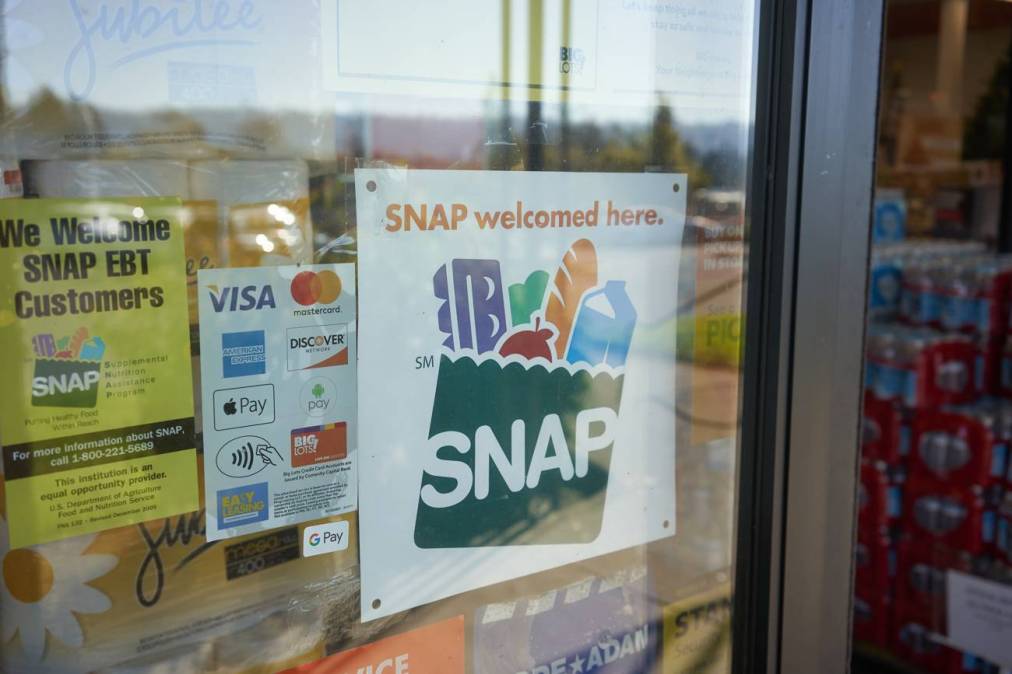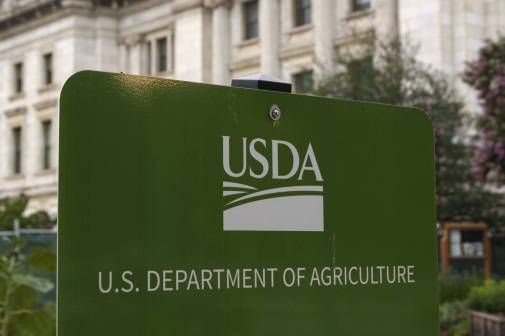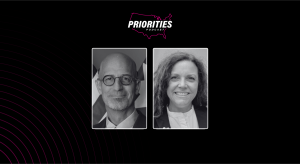Advocacy groups urge SNAP providers to protect user data from Trump administration

Three advocacy groups on Tuesday urged financial providers that support the Supplemental Nutrition Assistance Program to reject recent data access demands from the U.S. Department of Agriculture.
The groups — the Center for Democracy and Technology, Protect Democracy and the Electronic Privacy Information Center — sent a letter to Conduent State & Local Solutions, Fidelity Information Services and Solutran, calling on the electronics benefits vendors to refuse the federal government’s request for sensitive personal information of SNAP users. The data includes Social Security numbers, birth dates, addresses and benefit amounts.
The letter highlights that the USDA’s data collection efforts, prompted by Donald Trump’s March 20 executive order aimed at reducing information silos, bypass established privacy protections.
“This is an effort to grab sensitive personal information that intentionally and wisely hasn’t been shared with the federal government,” Elizabeth Laird, CDT’s director of equity in civic technology, wrote in an emailed statement. “States collected this data to administer a program that feeds tens of millions low-income families, and forcing them to turn it over for unknown purposes is an alarming data privacy threat.”
In the letter, the organizations also point out that while the USDA has previously facilitated interstate data sharing through the National Accuracy Clearinghouse, a federal program designed to prevent fraud without compromising privacy, the current approach strives to centralize sensitive data without clear safeguards or purposes. The groups call on the financial service providers to uphold legal standards and protect the personal information of millions of low-income Americans who rely on SNAP benefits.
Laird added that sharing this information also increases the risk of data breaches, which can lead to identity theft and scams.
Last year, Congress introduced the Enhanced Cybersecurity for SNAP Act, which would require the USDA to update regulations on SNAP cards, implementing anti-fraud, cloning-resistant technology and also staying current with mobile payments tech.
“USDA’s likely illegal actions are the first confirmed instance of the Trump Administration making good on their recent commitment to coerce the disclosure of data from federally-funded state programs,” Laird wrote. “We urge SNAP payment processors to stand up for privacy and refuse to facilitate this broad and dangerous attempt at government overreach.”
According to the Washington think tank Center on Budget and Policy Priorities, 41 million Americans used SNAP benefits in 2024, or 12% of the U.S. population.






